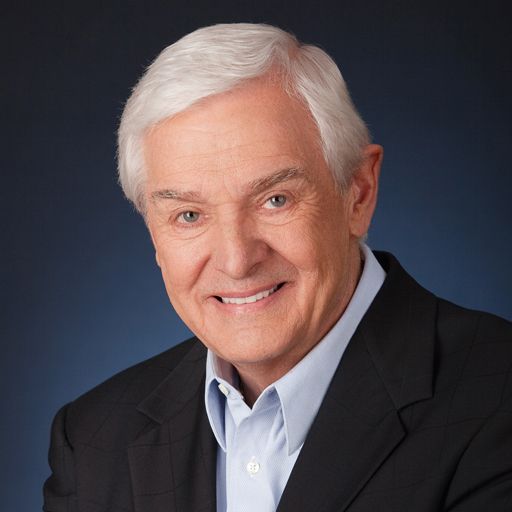Each year, the president releases his proposed federal budget for the next fiscal year. Usually the proposed budget exceeds the spending cap that has been approved by Congress. We all know what happens in such a case—the two houses of Congress begin long and often acrimonious debates. When they can’t agree on how much the government should spend, we see shutdowns, sequesters, and shenanigans.
All because of a “budget cap.” Caps, or limits on spending, are familiar to every person and household. Even the richest people in the world have a finite number of dollars. You and I are faced with spending caps—let’s call them “Christmas Caps”—every year at this time. We would love to have unlimited budgets for our Christmas celebrating and gift-giving, but there are limits.
Life is full of limits, is it not? We limit our food intake, our time, our involvement, our recreation, and many other areas of life—all for the purpose of living a healthy and balanced life. But Christmas in our culture has almost become the season of license instead of the season of limits. Perhaps a fresh consideration of “Christmas caps” will give you a renewed perspective to what we should value most about Christmas.
A Season of Spending
Let me state up front: In no way am I discouraging the spending of time, talent, and treasure during this Christmas season. But I know from experience and from decades of living in our culture that it is possible to see the Christmas season as a time to “spend now and pay later.”
For example, we may use our credit cards in one month to create eleven months of indebtedness. We may feel free to overindulge at the table, knowing we have eleven months to repair the damage. And we may push our body and soul to exhaustion keeping up with the stress of the season.
I’m not suggesting that such license is typical of every Christian, but I am suggesting that it is typical of much of our culture. And because we are surrounded by our culture, it is easy for us to be unconsciously influenced.
We can all agree on one thing: Self-limiting is a challenge, but it is easier to achieve when we simplify our lives.
A Season of Simplicity
The essence of Christmas is love—not being loved for what we give or receive. It is giving—not the size or cost of the gift. It is serving—not being served. It is quality, not quantity—like the Magi’s single gifts to the infant Jesus. It is simplicity—like the humility of a mother and father bringing their baby into the world in a stable, laying Him to sleep in a manger.
Do any of those kingdom values—love, giving, serving, quality, simplicity—require an excessive use of money, extravagance, or indulgence in order to have meaning? I don’t think so. I believe we can express the essence of Christmas without succumbing to the pressures of this world.
A Season for the Savior
So how do we find the appropriate limits in our lives—and especially at Christmas?
First, make it a matter of prayer for yourself and your family. It is important to remember that our whole life—every facet of our time, talent, and treasure—is a matter of stewardship before God. And we are not exempt from our stewardship responsibility during the Christmas season. Ask God daily to guide you through the Christmas season, making the best use of His resources for His glory.
Second, make plans. Develop a Christmas budget for money, time, and involvements in activities. Ask yourself, How can I make the best use of what God has provided in terms of quality and quantity? How can I reflect the true meaning and spirit of Christmas while honoring God with simplicity, self-control, service, and generosity? Then, once those plans, lists, and budgets are made, stick to them.
The more we simplify the Christmas season, the more we will be able to focus on the simple beauty of the Christ who was born for our salvation.
####
David Jeremiah is the senior pastor of Shadow Mountain Community Church in El Cajon, California, and the founder and host of Turning Point for God. For more information about David Jeremiah and Turning Point visit www.DavidJeremiah.org.






